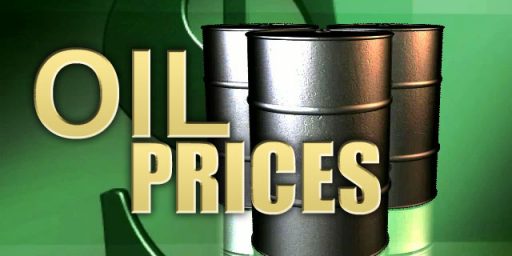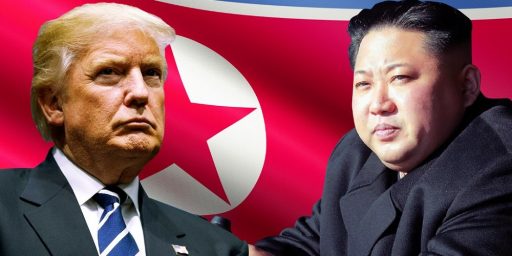Strategic Oil Release
Via CNN: U.S. to release oil from strategic reserve
The U.S. Department of Energy said Thursday it will release 30 million barrels of oil from the Strategic Petroleum Reserve to alleviate Libyan supply disruptions — driving already sinking prices lower.
The release, which will be done over 30 days, represents half of a 60 million barrel supply hike announced by the International Energy Agency, which includes the United States as one of its 28 member nations.
Quite honestly I don’t get it as prices have actually fallen of late and supply appears largely stable.
The explanation:
"We are taking this action in response to the ongoing loss of crude oil due to supply disruptions in Libya and other countries and their impact on the global economic recovery," said Energy Secretary Steven Chu. "As we move forward, we will continue to monitor the situation and stand ready to take additional steps if necessary."
Sure, the Libya situation continues and will have effects on the market, but it is rather unclear to me what has changed to induce this release of oil.
More from Time: The White House Releases Oil From the Strategic Petroleum Reserve. Is That Strategic?






Political theater for talking points. There will be no practical benefit to American consumers whatsoever.
@Gulliver,
I tend to agree.
What I find to be especially puzzling is that the relative benefit of the political theater would have been higher when prices were up, not after they came down and stabilized.